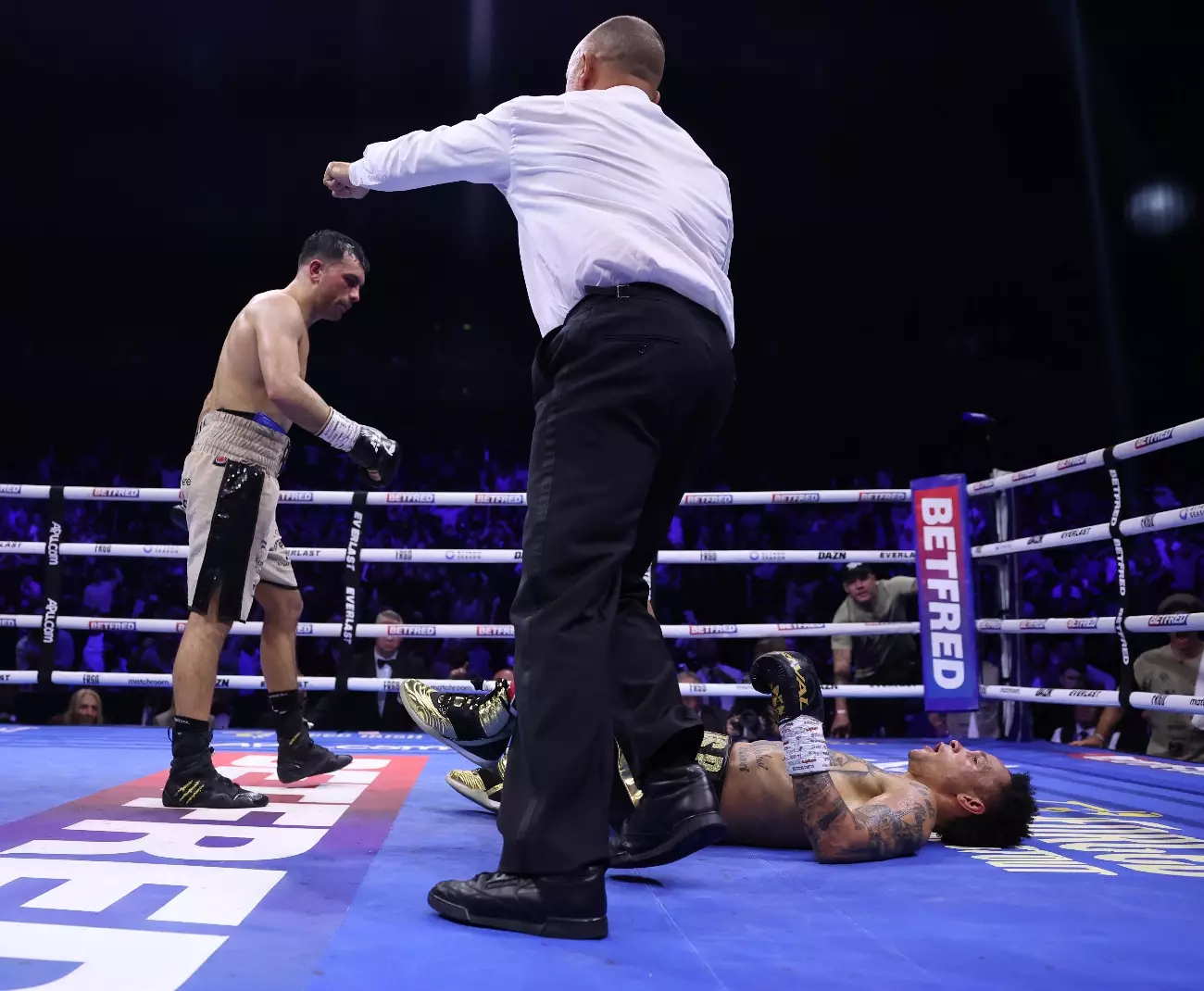In the world of boxing, the roles of promoters and fighters are intricately intertwined, with each party relying on the other for success. Recent events have brought this relationship into sharp focus, particularly following Edwin Hearn’s scathing critique of Oscar De La Hoya in the wake of Regis Prograis’s disappointing performance against Jack Catterall. As Prograis navigates the twilight of his career, the implications of matchmaking decisions and promotional strategies become paramount.
Regis Prograis, a former WBA and WBC light welterweight champion, suffered a significant setback with his unanimous decision loss to Jack Catterall, marking his third disappointing fight under Eddie Hearn’s Matchroom banner. This defeat, scored 117-108, 116-109, and 116-109, raises questions about the choices made by both the fighter and his promoter. Hearn’s assertion that Prograis has “rolled the dice” in the UK suggests not just strategic risk, but possibly a miscalculation of Prograis’s current capabilities in the ring. At 35 years old, Prograis’ chances of facing competition aligned with his younger self appear increasingly slim. The once-promising fighter is now experiencing the consequences of relentless matchmaking.
Amid this turmoil, Oscar De La Hoya’s criticism of Hearn—claiming that Matchroom “ruined” Prograis’s career—sheds light on the fraught dynamics within boxing promotion. De La Hoya’s remarks come from a place of personal investment, having undoubtedly faced similar pressures in his own career. However, his contentions raise a poignant question: can one promoter truly dictate the trajectory of a fighter’s career? De La Hoya’s hypothetical protection of Prograis through favorable matchmaking is complicated by the reality that every fighter, regardless of promoter, must eventually confront the limitations of age and skill.
Prograis’s current form begs a larger inquiry into how age impacts performance in an unforgiving sport like boxing. While De La Hoya’s lamentation focuses on Hearn’s credentials as a promoter, the underlying truth remains that Prograis has fallen victim to the passage of time – a fate that even the most strategic of promoters cannot alter. His losses to Devin Haney and now Catterall suggest that Regisis not only battling formidable opponents but also the inevitable decline that accompanies aging. When fighters are placed in increasingly difficult circumstances, who bears the burden of accountability: the fighter for his choices, or the promoter for his matchmaking?
The situation surrounding Regis Prograis, Eddie Hearn, and Oscar De La Hoya exemplifies the complexities inherent in the world of boxing. It is a sport rife with egos, ambitions, and sometimes harsh realities. As Prograis grapples with a new chapter in his career, both he and his promoters must navigate a labyrinth of decisions that can ultimately define legacies—some glorious, others marred by missteps. In the end, while criticism may fly, the true challenge lies in fostering open dialogues about accountability, choices, and the relentless march of time in the ring.

